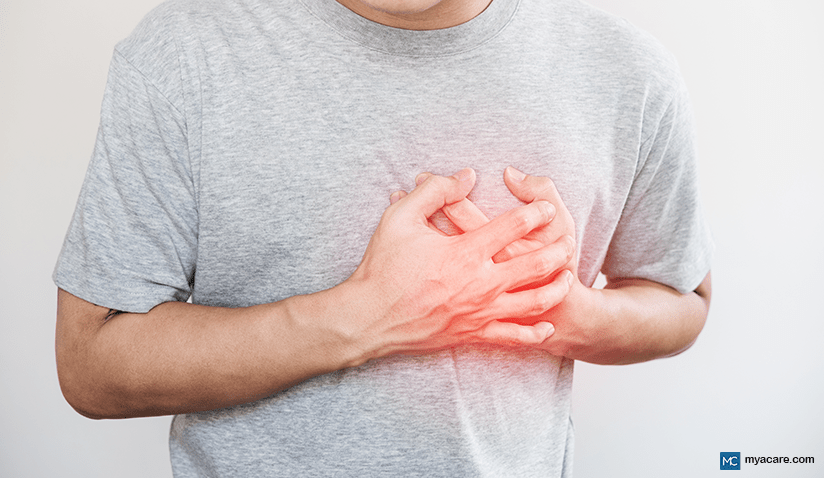WHAT IS PARKINSON’S DISEASE?

Parkinson’s Disease is a degenerative neurological disorder. It damages the brain and spinal cord cells slowly over time. It specifically attacks the basal ganglia, neurons that produce dopamine, a chemical responsible for coordinating how our body moves, hence the term “movement disorder.” There are no specific tests to diagnose Parkinson's disease. A neurologist will usually diagnose Parkinson's disease based on a medical history, signs and symptoms, and a neurological and physical examination.
Causes, Signs And Symptoms
Parkinson’s disease is a lifelong progressive disorder, which varies from person to person:
- Tremors of the extremities, jaw, or tongue
- Slow movement
- Limb rigidity
- Balance and gait problems
- The inability to express emotions facially
- Apathy
- Mood Disorders (anxiety or depression)
- Sleeping disorders
- Constipation
- Impairment of the sense of smell
- Cognitive impairment
- Dementia
Parkinson’s affects the brain and spinal cord, thereby impacting the ability to move or walk, but a person might experience both motor as well as non-motor symptoms. The less obvious non-motor symptoms include gastrointestinal dysfunction, sleep issues, fatigue and vision problems. Every patient is different, some patients do not exhibit physical symptoms until later in the progression of the disease.
Although the cause and a permanent cure of Parkinson's disease have not been determined yet, the technological advancements in the medical field has made progress with the surgery and other therapies that help relieve signs and symptoms to a certain extent.
Treatment of Parkinson's Disease
Levodopa (or L-Dopa) is one of the primary drugs used to treat Parkinson’s. While there is no cure for Parkinson’s disease yet, levodopa has only been proven to help alleviate symptoms.
Medicine is only one part of the treatment program. Experts recommend physiotherapy to help patients keep their mobility. Depending upon the severity, signs, and symptoms, a neurologist might also recommend a change in the diet routine, ensuring it is well-balanced.
Other tips include:
-
Reduce Stress
Practicing stress reduction techniques and stress management training can prove beneficial in mitigating non-motor symptoms such as depression, which can further help with motor and cognitive functions.
-
Use Voice To Text Technology
Cellphones, mobile devices, and computers now have a voice to text software that allows the users to operate them without having to touch the screen or keyboard. This can also help with the slurring problem associated with the disorder, hence improving voice clarity.
-
Invest in mobility aids
Depending upon the requirement, one should be judicious when thinking about investing in mobility aids. It is essential to educate oneself about the latest technological developments in the field and know what will work for and how to simplify the daily struggles.
-
Join a support group:
Thanks to the continuously expanding world of internet, one can join a local support group online or go to sessions; share their experiences, and listen to others. This will help in finding new ways of enhancing the quality of life, which is significantly impacted by Parkinson's disease.
Click the links to find leading Neurology specialists in Lichtenberg (Berlin), Rummelsberg, Duisburg, and Offenbach, Germany.
Sana Hospital Group is one of the largest independent healthcare providers in Germany. With over 50 world-class hospitals and more than 2 million patients yearly, Sana operates leading facilities, among them university hospitals, tertiary care centers, and specialized hospitals to deliver a broad portfolio of top-tier medical care. Whether it is preventive health care, an acute or chronic illness, a planned procedure, or a long-term diagnosis - more than 600 chief physicians, 4,500 medical professionals, and 11,000 nursing staff provide excellent treatment options, world-class medicine, and the best possible medical care.
SOURCES
- https://www.hopkinsmedicine.org/health/conditions-and-diseases/parkinsons-disease/myths-and-facts-7-parkinson-disease-misconceptions
- https://www.parkinson.org/understanding-parkinsons/what-is-parkinsons
- https://www.parkinson.org/understanding-parkinsons/what-is-parkinsonssymptom
Disclaimer: Please note that Mya Care does not provide medical advice, diagnosis, or treatment. The information provided is not intended to replace the care or advice of a qualified health care professional. The views expressed are personal views of the author and do not necessarily reflect the opinion of Mya Care. Always consult your doctor for all diagnoses, treatments, and cures for any diseases or conditions, as well as before changing your health care regimen. Do not reproduce, copy, reformat, publish, distribute, upload, post, transmit, transfer in any manner or sell any of the materials in this blog without prior written permission from myacare.com.



